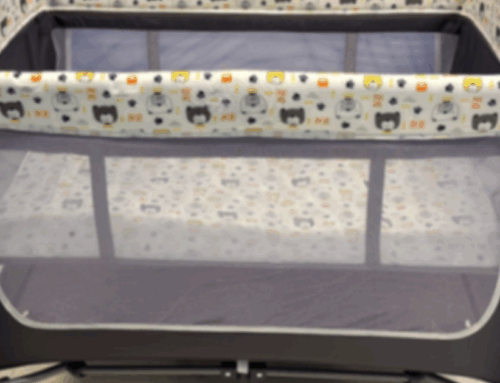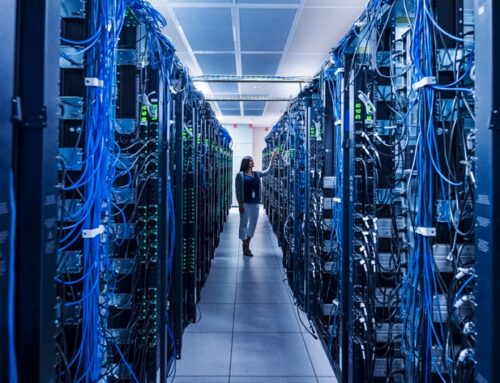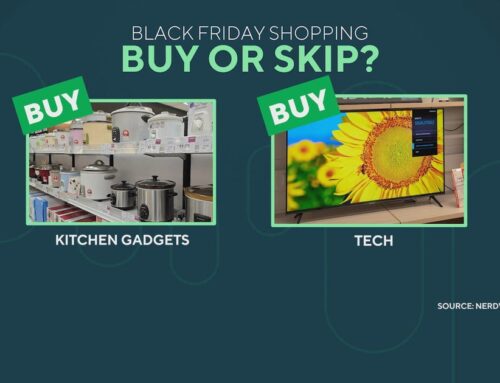What we know about marijuana addiction and how to spot the red flags
November 24, 2025
By Euronews with AP
Published on
24/11/2025 – 10:31 GMT+1
Dr Smita Das often hears the same myth: You can’t get hooked on marijuana.
The misconception has become more widespread over time. Cannabis is now the most widely used illegal drug in Europe, according to the European Union Drugs Agency (EUDA).
But “cannabis is definitely something that someone can develop an addiction to,” said Das, an addiction psychiatrist at Stanford University in the United States.
It’s called cannabis use disorder and it’s on the rise, affecting about three in 10 people who use it, according to the US Centers for Disease Control and Prevention (CDC).
Here’s how to know whether you or a loved one is addicted to marijuana – and what kinds of treatment exist.
How to identify signs of cannabis use disorder
If marijuana interferes with your daily life, health, or relationships, those are red flags.
“The more that somebody uses and the higher potency that somebody uses, the higher the risk of that,” Das said.
It’s become more common as cannabis has gotten stronger in recent years. In the 1960s, most pot that people smoked contained less than 5 per cent THC, the ingredient that gets you high.
The average THC potency is 11 per cent for cannabis flowers sold in the European Union, while it is 23 per cent for concentrates, according to the EUDA.
Cannabis use disorder is diagnosed the same way as any other substance use disorder – by looking at whether someone meets certain criteria laid out in the latest version of the Diagnostic and Statistical Manual of Mental Disorders, the main guide for mental health providers.
These include needing more of the drug to get the same effect, having withdrawal symptoms, and spending a lot of time trying to get or use it.
“When we break it down into these criteria that have to do with the impacts of their use, it’s a lot more relatable,” Das said.
What the different levels of addiction are
If you’ve met just two of the criteria for cannabis use disorder in the last year, doctors say you have a mild form of the condition. If you meet six or more, you have a more severe form.
An estimated 0.5 per cent of EU residents aged 15 to 64 had cannabis use disorder in 2019, international data shows.
People can be dependent on and addicted to substances. Dependence is physical, while addiction involves behaviour changes.
Marijuana doesn’t affect everyone the same way, though. The same amount can have “major impacts” on one person’s daily life but have no impact on another person’s, Das said.
“It really comes down to: How much is that substance impacting someone’s functioning and life day-to-day?”
Where to get help for cannabis use disorder
Many marijuana users first come to Das for help coping with something else, like alcohol use disorder. Later, she said, they’ll often come back and mention a struggle with cannabis.
She assures them that there are effective treatments for the disorder.
One is called motivational interviewing, a goal-oriented counselling style that helps people find internal motivation to change their behaviour. Another is cognitive behavioural therapy or CBT, a form of talk therapy that helps people to challenge negative thought patterns and reduce unhelpful behaviours.
Twelve-step programmes like Marijuana Anonymous can also be helpful, Das said. But whether someone chooses to join a group or not, even being able to lean on a community of people who aren’t using pot is an important part for recovery.
Dave Bushnell, a retired digital executive creative director, started a Reddit group 14 years ago for people who, like him, had developed an addiction or dependency on cannabis and wanted help recovering. Its discussion forum has 350,000 members and continues to grow.
Bushnell, 60, said peer support is essential to recovery, and some people feel more comfortable chatting online than in person.
“This is potheads taking care of potheads,” he said.
Doctors urged people who need help to seek it, whether from a professional or a peer group.
As with alcohol, “just because something’s legal doesn’t mean that it’s safe,” Das said.
Search
RECENT PRESS RELEASES
Related Post




